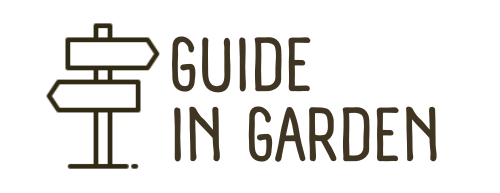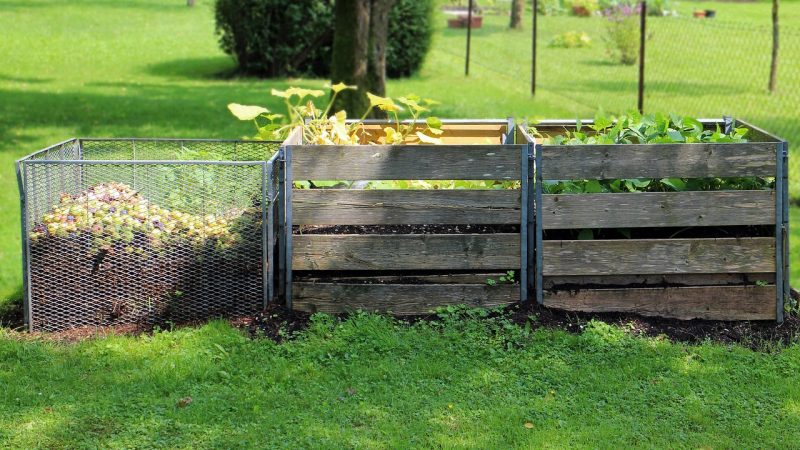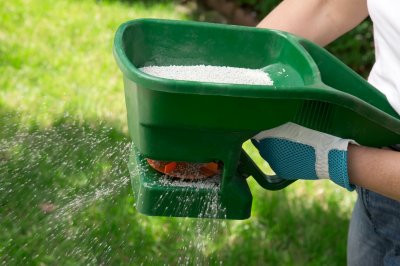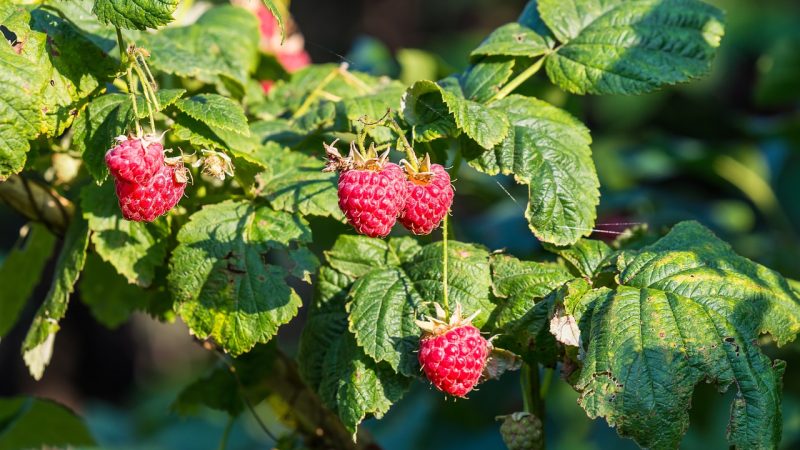Jerusalem artichokes, also known as sunchokes, are a type of sunflower that is grown for its edible tubers. They are easy to grow and can be planted in the spring or fall. Here are some general steps to follow when planting Jerusalem artichokes:
- Choose a planting location: Jerusalem artichokes prefer a sunny location with well-draining soil. They can grow in a variety of soil types, but prefer fertile soil that is high in organic matter.
- Prepare the soil: Before planting, prepare the soil by adding compost or well-rotted manure to improve soil fertility and drainage. The soil pH should be between 6.0 and 7.5.
- Plant the tubers: Jerusalem artichokes are typically grown from tubers, which are similar to potato seed potatoes. Plant the tubers about 4-6 inches deep and about 12-18 inches apart, with the eyes or buds facing upwards.
- Water and mulch: After planting, water the Jerusalem artichokes well and apply a layer of mulch to help retain soil moisture and suppress weed growth.
- Care for the plants: Jerusalem artichokes require regular watering and fertilization throughout the growing season. They can grow up to 10 feet tall, so they may require staking to keep them upright. Remove any dead or diseased leaves as they appear.
- Harvest the tubers: Jerusalem artichoke tubers can be harvested in the fall after the plants have died back. Carefully dig up the tubers using a garden fork or shovel. They can be stored in a cool, dark place for several weeks.
With proper care, Jerusalem artichokes can be a delicious and nutritious addition to the home garden, providing a tasty root vegetable that is high in fiber and antioxidants.







